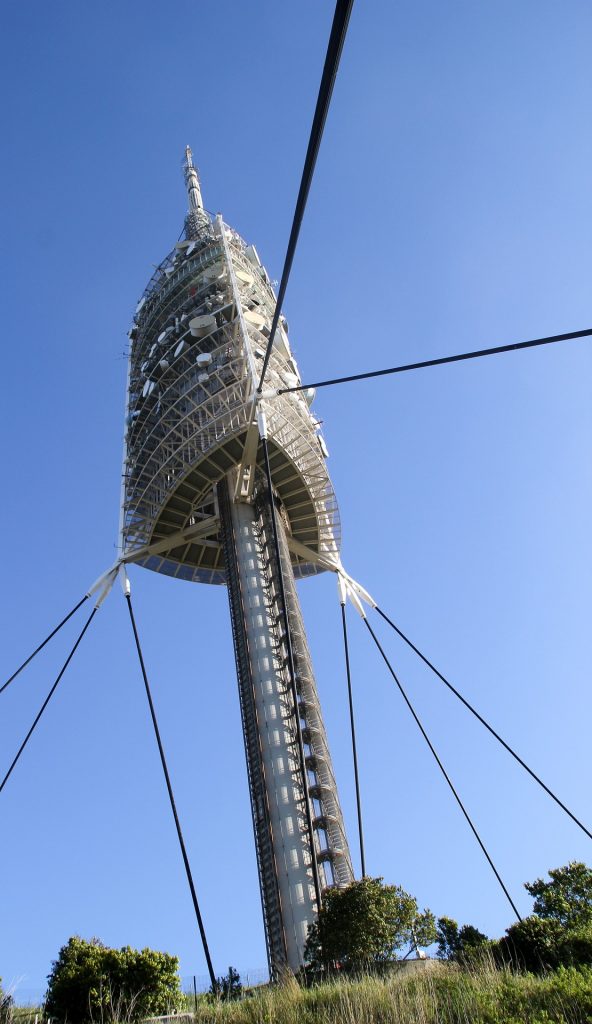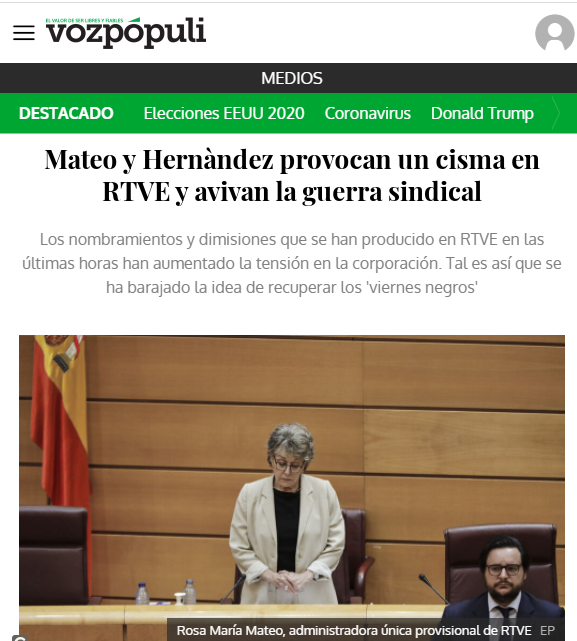
The Iberian country is lagging behind in the transition of radio to DAB. Eighteen years after the activation of multiplexes, digital broadcasting seems not to have emerged from the experimental phase: they are active in Madrid and Barcelona, and a few other cities, still broadcasting in the old standard DAB and not in DAB+. The few programs carried are those of Radio Nacional de Espana (Radio 1, Radio 5: Radio Clásica, and Radio 3 remain excluded), and the main networks (the missing ones are, for example, Cadena Dial, Los 40, Rock FM). Similarly to FM, where inertia in granting authorizations has proliferated illegal frequencies, to which networks also resort, unauthorized multiplexes have been turned on. The number of official ones active mainly in tourist areas (the Costa del Sol and Canary Islands) is doubled.
Avalanche of appeals

Source
Given the competition made to official radio stations by unauthorized ones, many broadcasters interested in digital broadcasting have appealed to the Spanish Constitutional Court, which between September and October 2022 upheld sixteen “recurso de amparo”, which added to those already pending bringing the total to 22. This ”recurso” is a legal formula that allows Spanish citizens to appeal to the supreme court when they believe constitutional norms have been violated. Giving an accurate picture of the situation is the magazine Panorama Audiovisual, which reconstructs its evolution since 2018 when broadcasters began turning to autonomous communities to apply for authorizations. Since some regions have refused, despite having an obligation to grant them, even though they did not proceed with the allocations, a law firm has recommended appeals to the Constitutional Court. Will they be upheld? Let’s keep our fingers crossed! (Written by Fabrizio Carnevalini)



